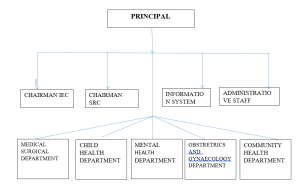PATIENT INFORMATION, INFORMED CONSENT AUTHORISATION TO ACCESS MEDICAL RECORDS
Title of the study
Chief Investigator
Sponsor of the study if any
- Introduction : what does this document contain?
Brief description of the study, possible risks and potential benefits, confedntiality of participation, voluntariness of participation, authorization for access to study records.
- Purpose of study
- Brief description of study
Personal/ life-style restrictions, if participating
Duration of study
Procedures done before participation in study: medical history, including diseases and drugs, physical examination, lab tests.
- Possible discomforts/ risks, associated with the study:
Known side effects of drugs, other risks like donating blood samples, acquiring infections
- Study related injuries/ risks and reimbursement
- Potential benefits of study to the participant: not guaranteed
- Cost of treatment during study period: will not be changed
- Early discontinuation of participation in study: voluntary discontinuation, other reasons
- Voluntary participation
- Confidentiality and authorization to access medical records
- Ethical considerations and IEC approval
Informed consent/ authorization
- I confirmed that i have read and understood the information sheet dated …… for the study or it was read to me, and have had the opportunity to ask questions and have received satisfactory answers. I understand the possible risks and benefits of this study.
- I understand that my participation in this study is voluntary, and that i am free to withdraw any time, without giving any reason, without my medical care or legal rights being affected.

